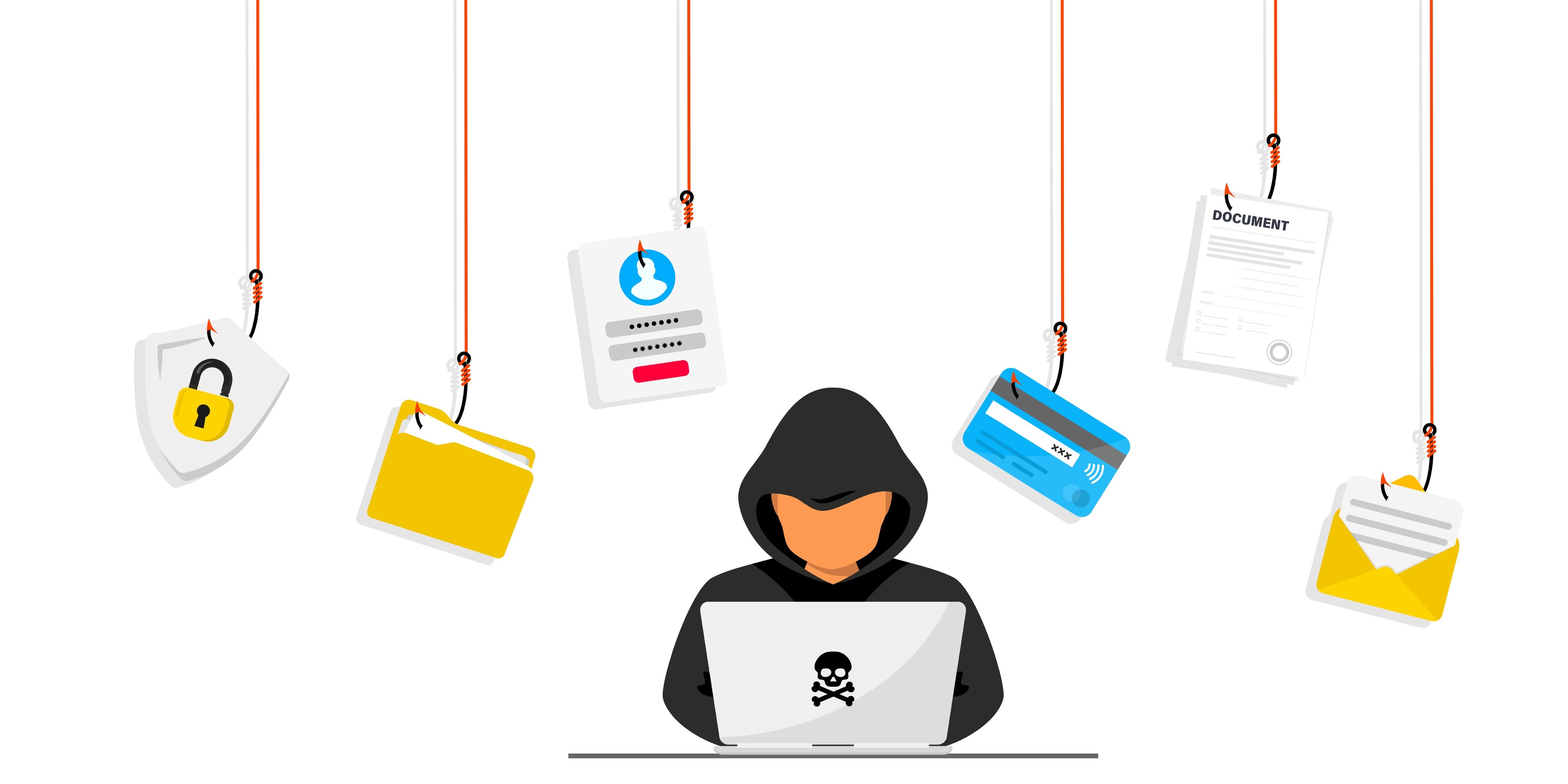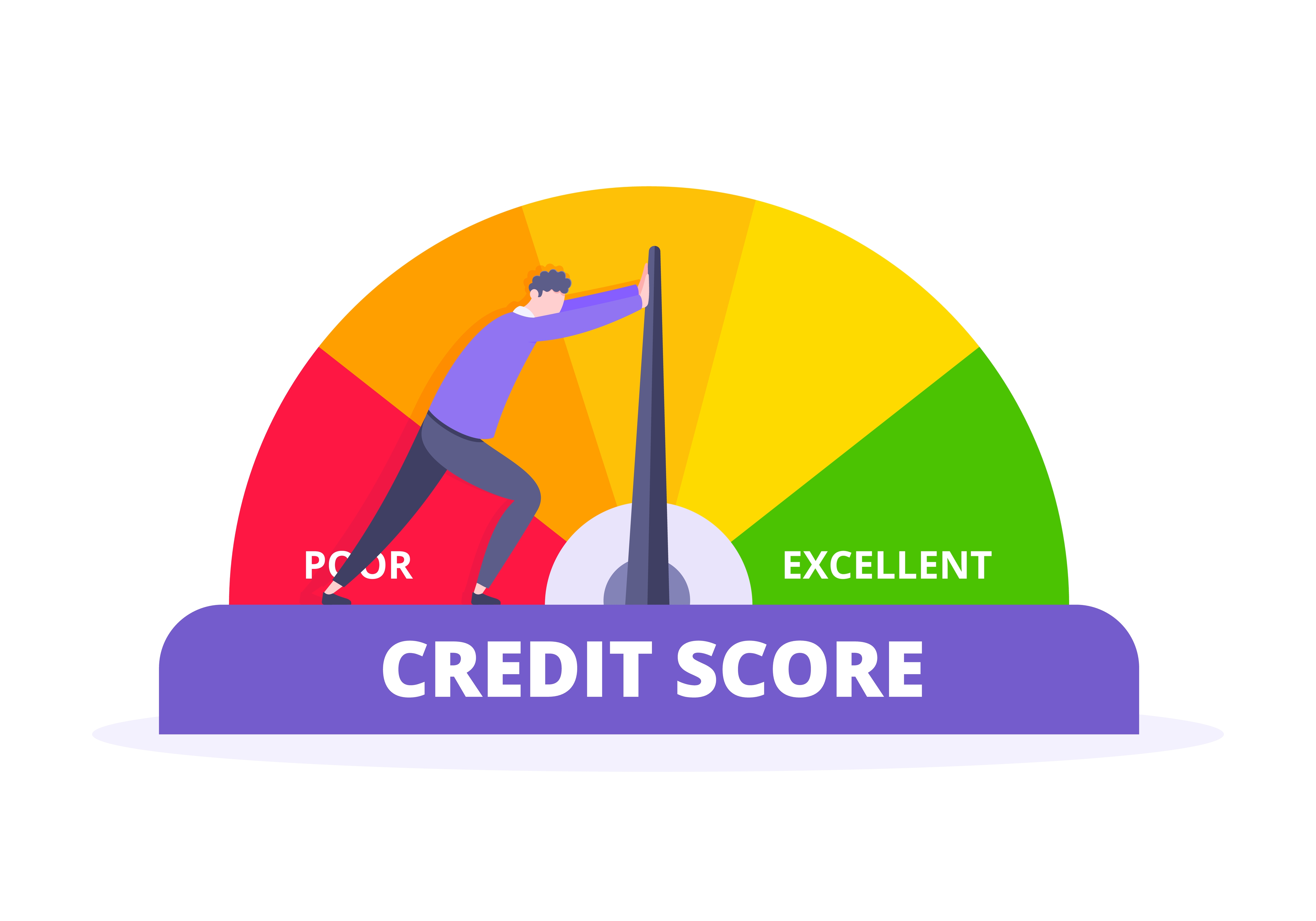Red Flags Indicating Mortgage Fraud

While most advances in technology are exciting and make things easier, they also mean evolving scams. According to the Federal Trade Commission (FTC), the most common scams of 2022 involved identity theft and imposter scams. At Carrington, we value our partnership with you which includes safeguarding your information and keeping you informed of ways to protect your information specific to your mortgage loan.
Identity theft is the top scam for the second year in a row according to research conducted by the FTC. In identity theft, perpetrators compile enough of your personal information to take over your identity which could include applying for loans, credit cards, etc.
The best way to protect yourself against identity theft is to safe guard your personal information, meaning do not send your social security number or other private information over insecure communication methods (email, text). Carrington values your personal information and works diligently to keep it safe. Your online account has enhanced security features such as two-factor authorization and is a secure means of completing the tasks required to manage your mortgage throughout your homeownership journey.
In 2022, the FTC reported an increase in the volume of impersonator scams attributing higher losses from thieves portraying themselves as businesses. Impersonators have the ability to change the phone number that appears on your Caller ID, making it easier to disguise their real identity under an organization name you know—like your mortgage company, Carrington.
Impersonator Scam Red Flags:
- Offering limited-time, almost too good to be true offers. Offers from Carrington will be realistic based on the current market. You can verify offers by using the business phone number, not the number provided in a text and/or phone call from a random or masked phone number.
- Pressuring you to make a decision before the phone call is over. Do not feel pressured to take any action within a singular phone call. Carrington values our relationship and will afford you opportunities to think about offers to make sure they are the right fit, prior to taking any action. We are here to help and be a resource within your homeownership journey.
- Asking for a specific type of payment. If they continue to press you to only use their method, we recommend immediately stopping the conversation. Carrington accepts payments through your online account, the Carrington Mobile App, by phone using our SpeedPay system, and by mail.
If you receive any kind of communication (including text messages, phone calls, email, or letters) regarding your mortgage that doesn’t feel right, we recommend calling Carrington to verify the message’s legitimacy.
Looking for more information to protect yourself against mortgage fraud? Check out Protecting Carrington Customers Against Mortgage Fraud for additional resources.


